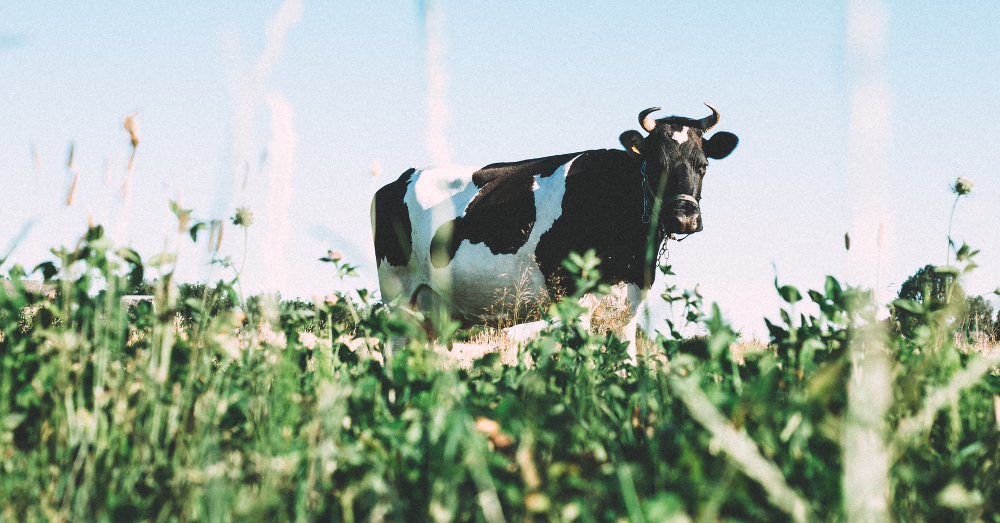
Is Organic Food Really Better for You?
The research on meat, eggs, and dairy is making clear that a grass-based system for raising animals is imperative for the nutritional value of our food. But keep in mind that the food industry has managed to co-opt even the term grass fed.
June 20, 2018 | Source: AlterNet | by Kristin Lawless
The flip side of the “organic” and “grass fed” trends.
The following is an excerpt from the new book Formerly Known as Food: How the Industrial Food System Is Changing Our Minds, Bodies, and Culture by Kristin Lawless (St. Martin’s Press, June 2018), available for purchase from Amazon and IndieBound. Copyright © 2018 by the author and reprinted by permission of St. Martin’s Press.
As a member of the Park Slope Food Coop in Brooklyn, New York, I pay a lot of attention to what health-conscious shoppers load into their grocery carts—these are members of a progressive food co-op whose mission is, in part, to make healthier, safer foods affordable. And the co-op succeeds in doing so in many ways. But it also carries a lot of questionable items. This is partially because of the erosion of the term organic since the turn of the twenty-first century.
